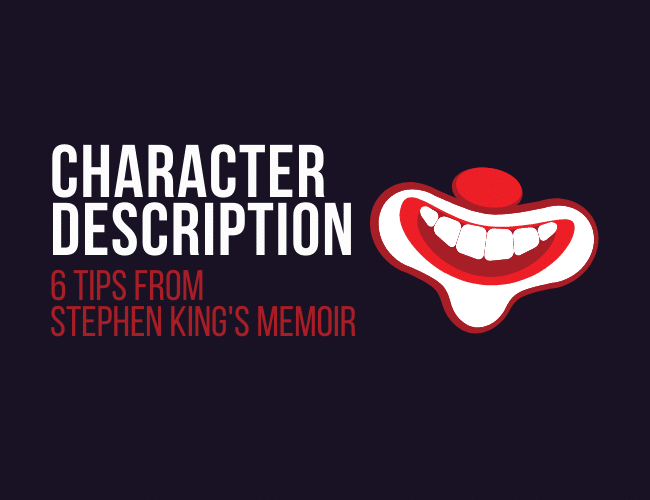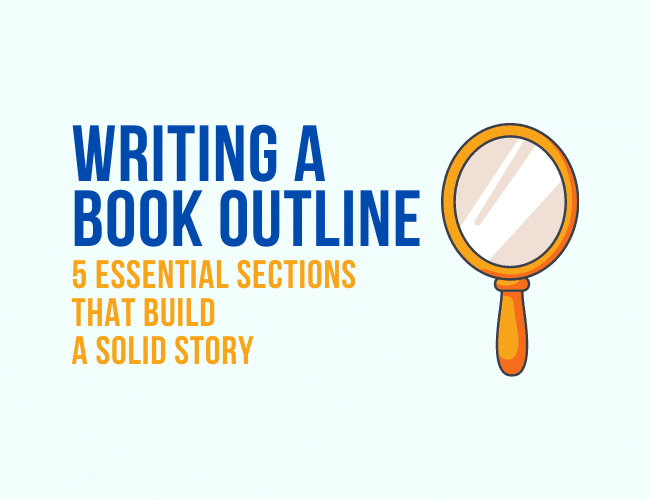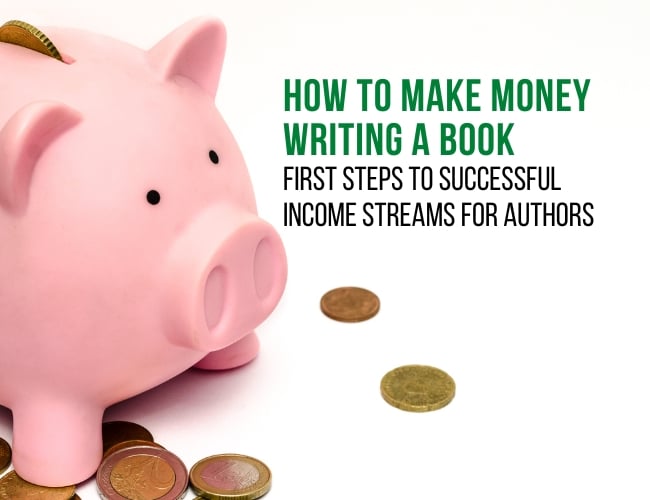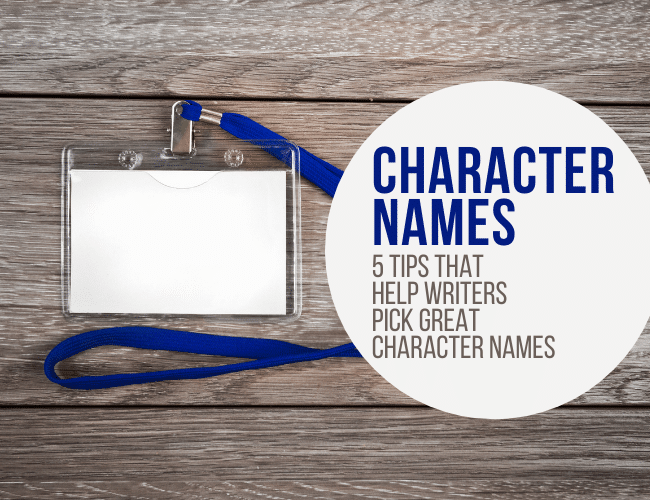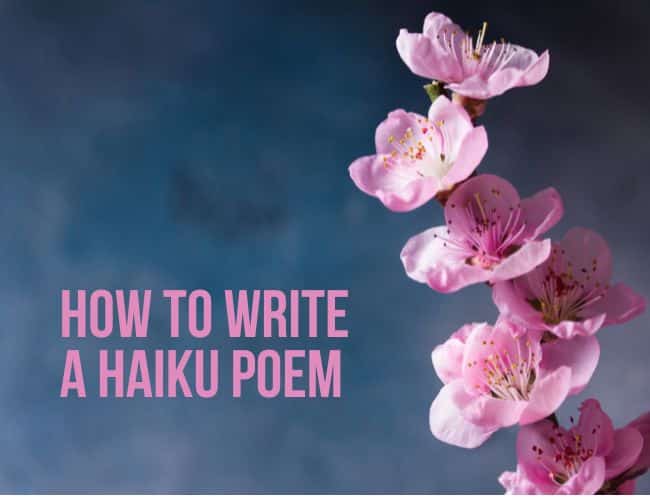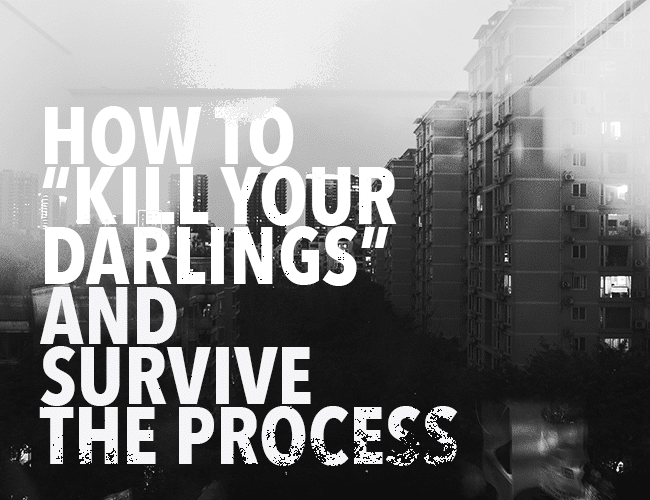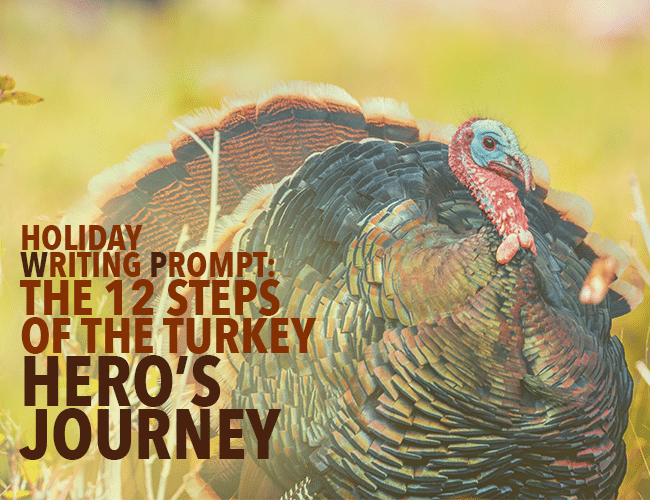When we read books, books with characters we love, we can learn how to write our own characters by studying what details the writers included. There are so many details about your characters you could include in a character description, but which ones do you need?
Let’s look at the advice Stephen King gives in his book On Writing: A Memoir of the Craft about good description and see if applies to Katniss Everdeen in The Hunger Games and Harry Potter in Harry Potter and the Sorcerer’s Stone.
